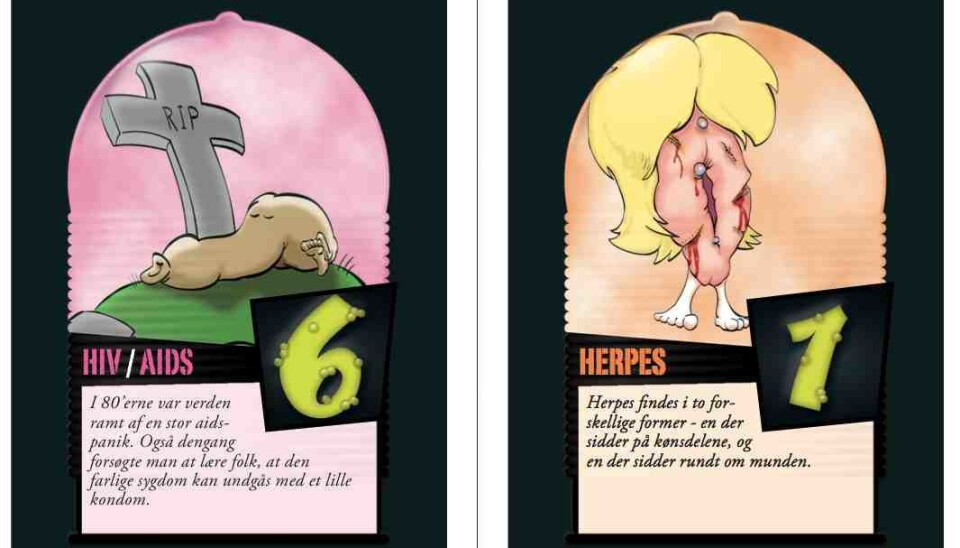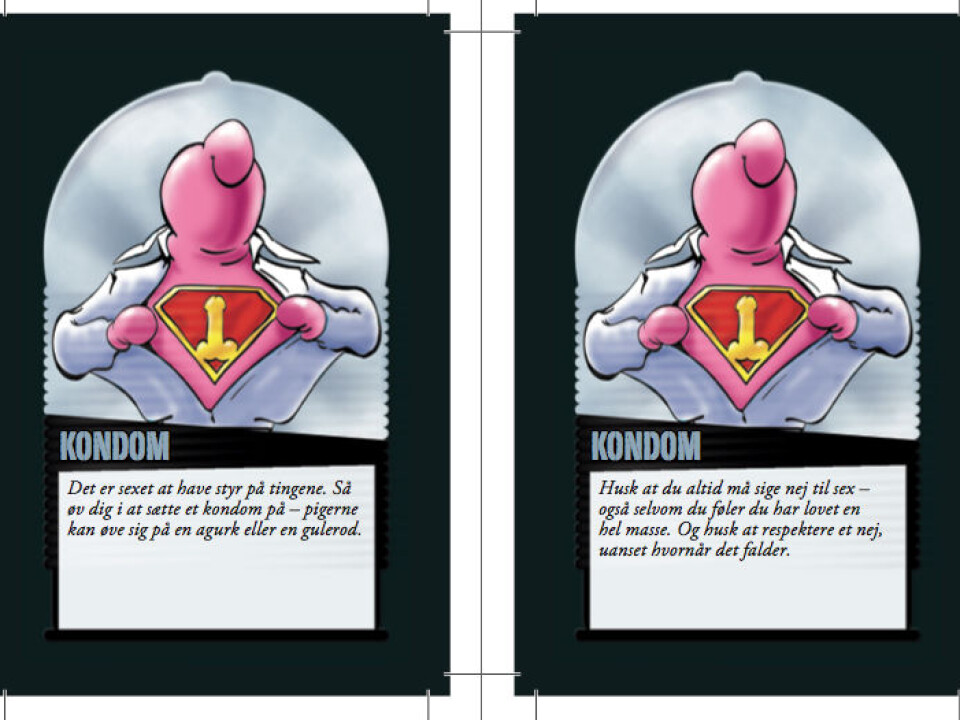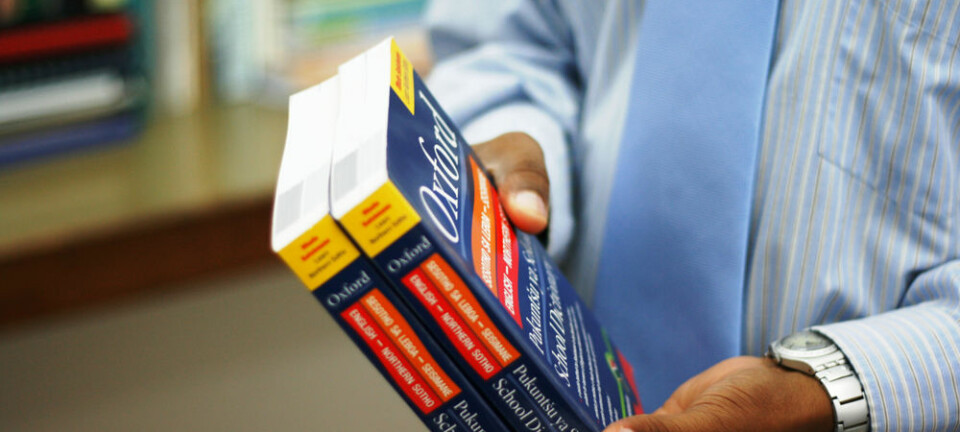
Game-based sex education
New method that utilises how our brain processes memories forms the basis of a new game-based learning system.
We remember the highlights. The moments that defined the experience. The decisive goal, the key scene in a movie or the first day of school.
The first moments of an experience can be the key to the other details – the rest of the football game, the general plot of the movie and all the other school days.
Our minds use a variety of memory systems, which in combination create memories out of experiences, facts and other building blocks from the depths of our brain.
”If, for instance, we think back on a holiday, there is usually one unique highlight that sticks out,” says Andreas Lieberoth, who is working on his PhD thesis about games and learning at the Centre of Functionally Integrative Neuroscience (CFIN) at Aarhus University's psychology department.

“Once we have recalled that highlight, a new universe opens up in our memory, containing the memory of the rest of the holiday – facts we learned about the country or what we ate there. We could call these memories that stick out a ‘cognitive hook’ that the other memories attach themselves to.”
STDs – without genitals
Together with stand-up comedian Mads Brynnum and sex educator Nanna Quvang, Lieberoth has used his research to create the game LoveSick.
The game is intended for use in sex education for lower secondary school classes.
In the game, which revolves around avoiding the ‘blob’, the visual highlights consist of humorous pictures of condoms and genitals.
The objective, based on a constructivist view of learning, is to create a breeding ground around which students can eventually build meaningful knowledge.
These highlights are intended to help students remember the general message about using a condom, and perhaps also the facts printed on the cards in the game.
“LoveSick tries to build memory hooks, using humour and visual anchoring,” says Lieberoth.
Sexually transmitted diseases (STDs) such as herpes and gonorrhoea are abstract and taboo concepts, and the researchers have deliberately tried to make the game a little gross, so there is something to giggle over.
The highlight of the game consists of cartoon versions of diseased genitals, which the player needs to avoid. They cartoons serve as the visual hook, the starting point for other memories.
LoveSick tries to build memory hooks, using humour and visual anchoring.
“The objective, based on a constructivist view of learning, is to create a breeding ground around which students can eventually build meaningful knowledge,” says the researcher.
AIDS campaigns from the ‘80s showed the way
Previous campaigns against STDs have, consciously or unconsciously, used the same strategy.
For instance, the whistling sound that accompanied the ‘80s campaigns against AIDS evokes a cavalcade of images from the colourful decade in most people’s minds.
Roughly speaking, this is the same mechanism we know from Pavlov’s dogs, where the dogs learn that they get fed when a bell rings and after a while start drooling at the sound of the bell alone.
But for us humans, a lot more than simple conditioning is at play when we encounter a cue in our surroundings. It also elicits relevant knowledge and memories, enabling us to act wisely.
“Humans have a higher level of consciousness, so rather than going pale and running off, we create associations to our own lives,” he says.
“The whistling tune from the AIDS campaign reminds us of the campaigns that wanted us to use condoms. This shows us that there is some useful information in there.”
Memory hooks improve learning
In his thesis, Lieberoth tries to combine the latest research on the brain’s methods of memorising with the more practice-oriented research in educational psychology.
He is trying to develop learning techniques that make direct use of our episodic memory and the way it interacts with the other ways that our brain stores information.
The episodic memory is linked to our own personally experienced memories. With regards to LoveSick, this means that the students will have the opportunity to remember information from the game differently to how they would in a 45-minute lecture about STDs, since their active participation in the game is stored as episodic memories.
The remaining memories – those that are stored in formats other than the episodic – are evoked by the memory hooks, just like the AIDS melody reminds us of the general message of the adverts.
Hard to measure individual effects
It is difficult to prove exactly whether or not the games have the desired effect. There is no definite answer book that enables teachers to simply tick off the students’ levels of knowledge.
“The challenge lies in charting what kinds of knowledge you can draw out of even the best games,” he says. “It could be that the clearest memory from a holiday is that the girl you were in love with at the time smiled at you.”
When he started his research, he thought he would be asking a series of factual questions, based on the learning objectives, thereby seeing what the students got out of it.
“But it turns out that each student has their own unique hook experiences and deduces knowledge in very different ways. The outcome for the individual student depends on which situation he or she participated actively in.”
The role play will be anchored more effectively when the teacher puts the whole learning process into a framework, so that the experience is directed towards the desired outcome.
“The process creates an autobiographically rooted knowledge that the teacher can build on with preparation and subsequent reflection,” he says.
“This translates the task into something the students can relate to. Unique learning games provide a hook that helps the students explore and remember.”
--------------------------------------
Read this article in Danish at videnskab.dk
Translated by: Dann Vinther









